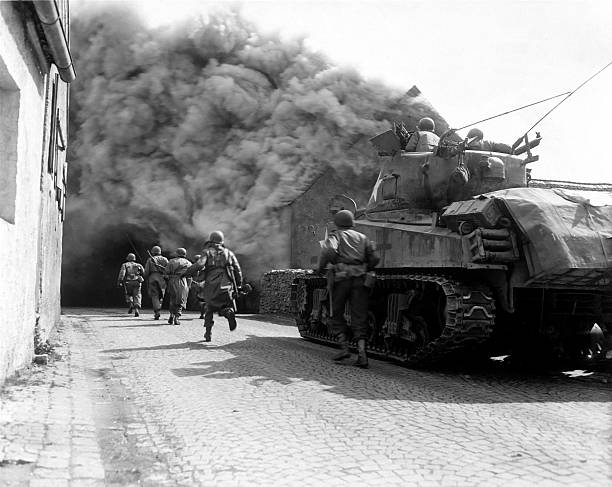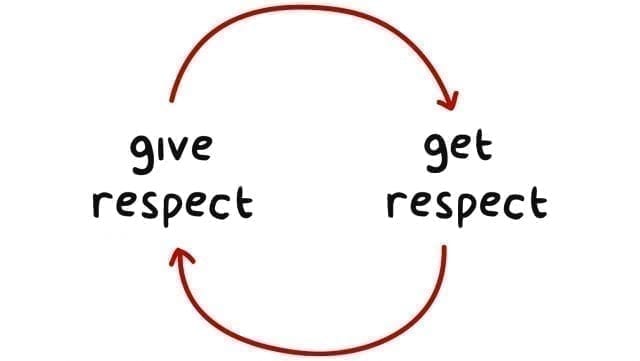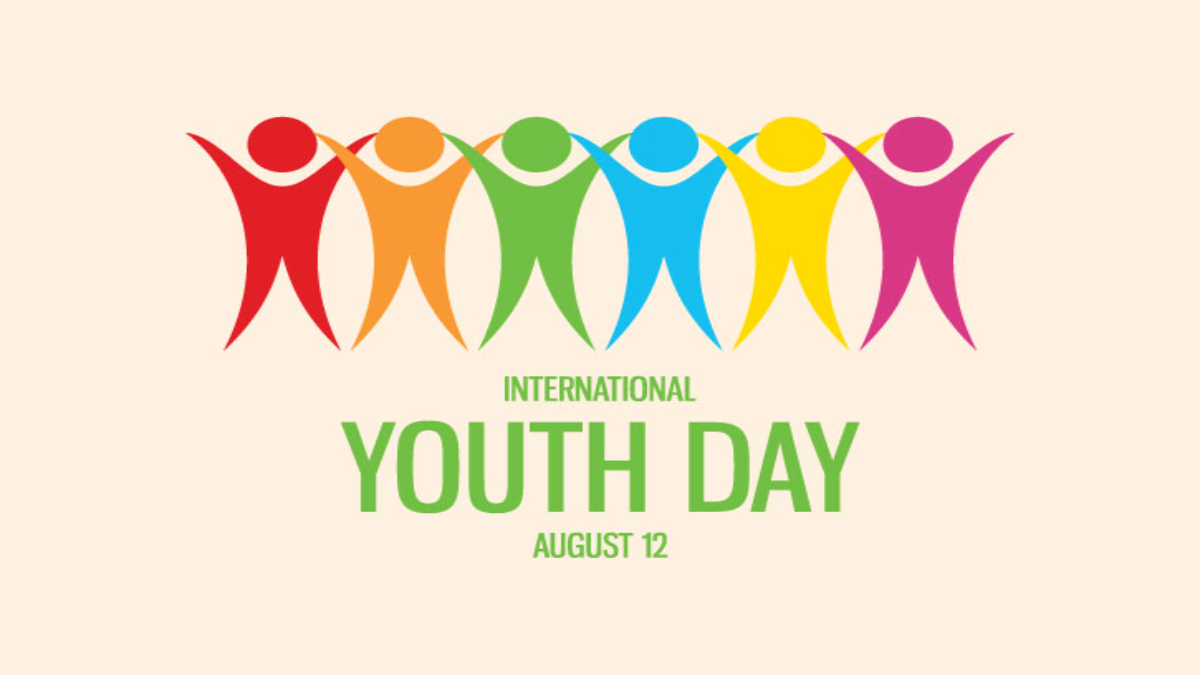Exploring Alternate Histories of World War II: What Could Germany Have Done Differently?

World War II, often described by scholars as the deadliest conflict in human history, erupted only about twenty years after the conclusion of World War I. This was largely due to the rise of Adolf Hitler and the National Socialist German Workers’ (Nazi) Party. The Treaty of Versailles, imposed on Germany after World War I, placed severe economic and territorial restrictions on the country, which many historians consider excessively punitive. These harsh terms led to a deep economic depression in Germany, further exacerbated by the global impact of the Wall Street Crash of 1929. As a result, the economic aid from the United States ceased, plunging Germany into an even more desperate economic situation, with unemployment reaching over six million by 1933. The hyperinflation crisis of 1923 saw the German mark plummet in value, trading at 4.2 trillion marks to one US dollar, a stark contrast to its pre-war value of 9 marks per dollar.
The German populace, burdened by economic hardship and national humiliation, yearned for a savior. Adolf Hitler and the Nazi Party capitalized on this sentiment by promising to restore Germany to its former glory, garnering widespread support. Despite losing the presidential election in 1932 to Paul von Hindenburg, Hitler’s popularity and the political instability of the time pressured Hindenburg into appointing him as Chancellor in January 1933.
After becoming Chancellor, Hitler passed the Enabling Act in 1933, which granted him dictatorial powers. Upon the death of President Paul von Hindenburg in 1934, Hitler consolidated the roles of Chancellor and President, assuming the title of “Führer,” thus becoming Germany’s absolute dictator. Hitler immediately began rearming the German military, violating the Treaty of Versailles. By 1938, he embarked on his aggressive expansionist policy known as “Lebensraum,” starting with the annexation of Austria in the Anschluss. In 1939, Germany occupied Czechoslovakia and then set its sights on Poland, prompting the Allied powers to issue warnings.
Undeterred, Hitler proceeded with his invasion of Poland on September 1, 1939, leading Britain and France to declare war on Germany two days later. World War II was now in full swing. The conflict eventually ended with the Soviet Union and the United States capturing Berlin in 1945, and Adolf Hitler committing suicide as Germany faced inevitable defeat, leading to its unconditional surrender.
However, considering an alternative scenario, what could Germany have done differently to alter the outcome of the war? Let’s explore some potential strategic changes that might have led to a different conclusion.
Scenario 1
On May 10, 1940, Germany began its invasion of France. In a swift and devastating campaign, the German Panzers encircled the British Expeditionary Force (BEF) and the French First Army around the coastal town of Dunkirk by late May. On May 24, German forces, poised to deliver a decisive blow, were inexplicably ordered to halt their advance. This controversial pause allowed the British to organize a massive evacuation effort known as the Dunkirk evacuation, where an armada of naval vessels and civilian boats rescued approximately 338,000 Allied troops, transporting them back to Britain. Historians often debate the reasons behind Hitler’s halt order. Some suggest he was overconfident, believing that the British would seek peace. Others think he wanted to preserve his armored divisions for the forthcoming campaign against France or to allow the Luftwaffe to finish the job. Regardless of the rationale, this decision is widely regarded as a critical blunder. Had those troops been captured or destroyed, the British Army’s ability to continue the war would have been severely crippled, potentially leading to a very different outcome in the European theater of World War II.
Scenario 2
If Hitler had not betrayed his ally, the Soviet Union, the outcome of World War II could have been dramatically different. On August 23, 1939, Hitler and Stalin signed the Molotov-Ribbentrop Pact, a non-aggression treaty that secretly divided Eastern Europe into spheres of influence between Nazi Germany and the Soviet Union. This pact was crucial for Hitler’s invasion of Poland as it ensured that Germany would not face a war on two fronts against the formidable Soviet Red Army. It also temporarily prevented the Soviet Union from joining the Allied powers against Germany. However, this alliance was short-lived. On June 22, 1941, Hitler launched Operation Barbarossa, a massive invasion of the Soviet Union, thus breaking the pact and making the Soviets his enemy. The decision to invade the Soviet Union is widely regarded as one of Hitler’s greatest strategic blunders. Had Hitler maintained the non-aggression pact, Nazi Germany and the Soviet Union might have been able to dominate Europe together, potentially knocking out the remaining Allied forces and altering the course of the war. Some historians argue that this scenario is unrealistic, as Hitler’s expansionist ideology centered on the concept of “Lebensraum” (living space), which necessitated the conquest of the Soviet territories. Nonetheless, maintaining the non-aggression pact could have significantly altered the course of the war, potentially leading to a vastly different geopolitical landscape in Europe.
Scenario 3
One of Hitler’s most significant blunders was his decision to declare war on the United States. This decision, made almost entirely by Hitler without consulting his generals, marked a pivotal moment in World War II. Initially, the United States had maintained a stance of neutrality, and much of the American public was reluctant to get involved in the conflict raging in Europe. Hitler likely underestimated American resolve, possibly viewing their neutrality as a sign of weakness or disinterest in the war. On December 11, 1941, just days after Japan’s attack on Pearl Harbor, Hitler declared war on the United States. That same day, the United States reciprocated by declaring war on Germany. This proved to be a grave miscalculation. The entry of the United States into the war drastically altered the balance of power. The United States, with its vast industrial capacity and resources, quickly became a decisive force in the conflict. At this point, Germany was already stretched thin, particularly due to the immense demands of the Eastern Front against the Soviet Union. The addition of the United States to the Allied powers meant an overwhelming increase in resources and military strength against Germany. This shift enabled the Allies to mount a relentless campaign, eventually pushing deep into German-held territory and culminating in Germany’s surrender in 1945. Had Hitler not taken this rash decision, the war could have had a very different outcome.
It is important to note that these scenarios are hypothetical and many of them conflict with the political ideologies of Nazi Germany at the time. Some historians even argue that, given the geopolitical and economic circumstances, it was almost impossible for Germany to win the war. Nevertheless, exploring World War II from the perspective of what might have been possible if different decisions had been made provides an intriguing lens. Imagining a world where Germany emerged victorious and potentially established dominance over vast territories challenges us to consider the complexities of historical outcomes and the fragility of global power structures.
Daniel Akintayo


